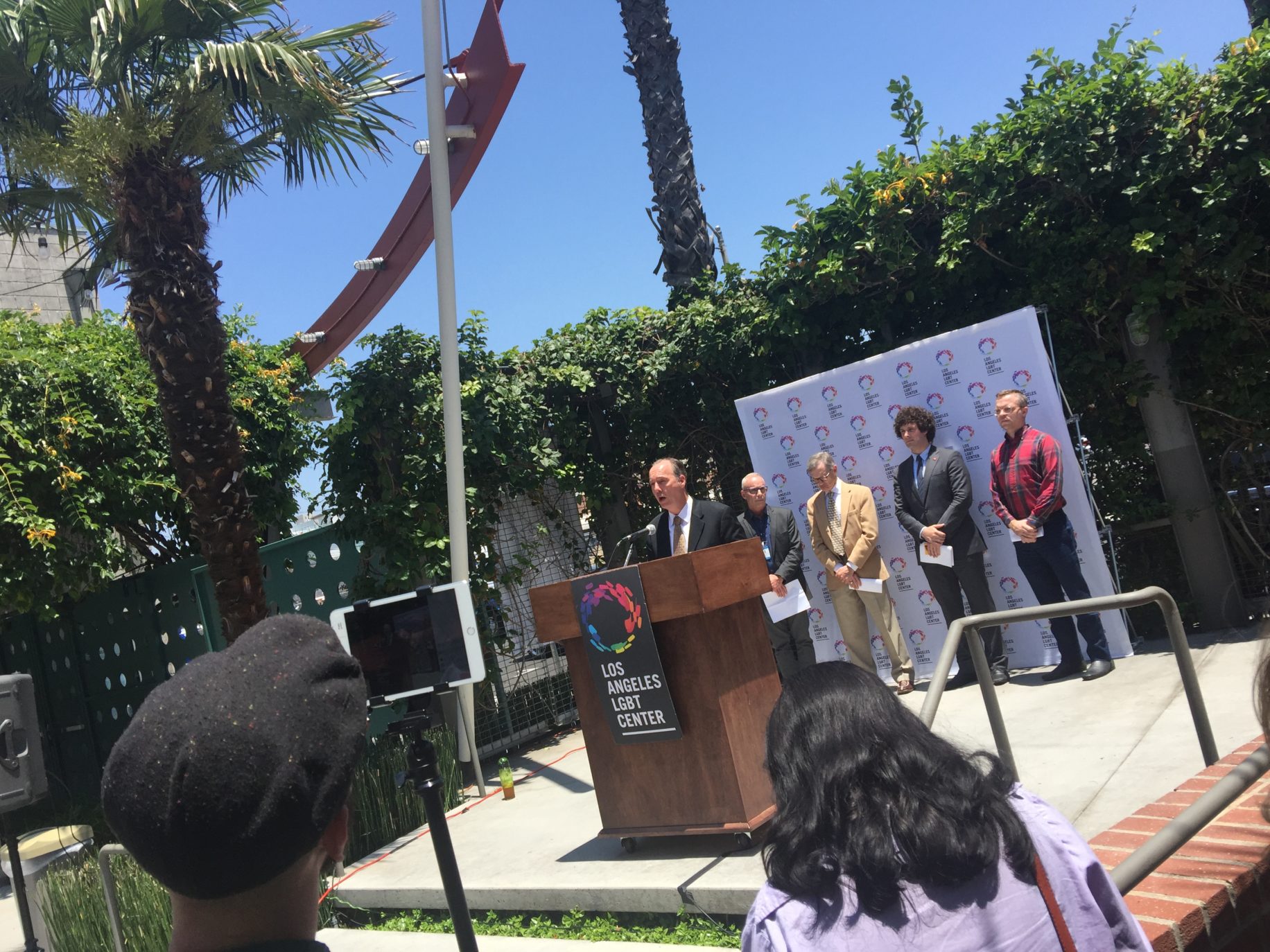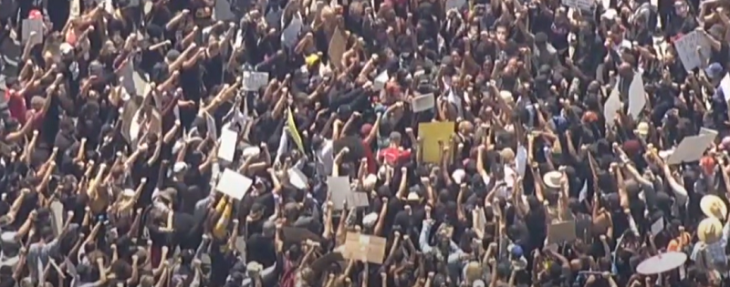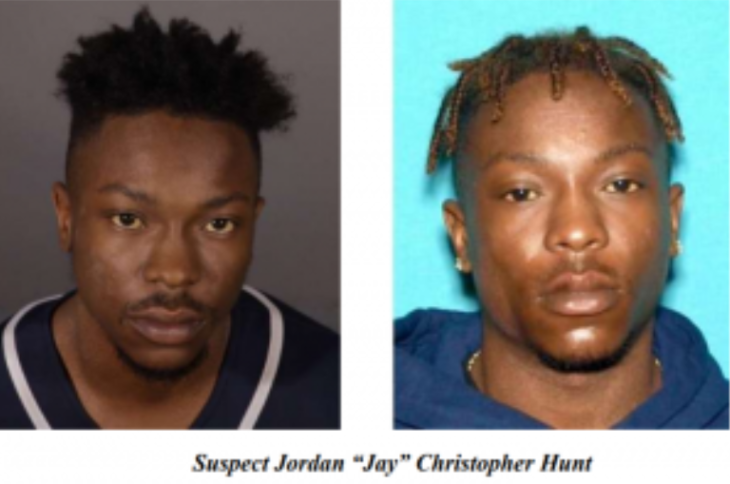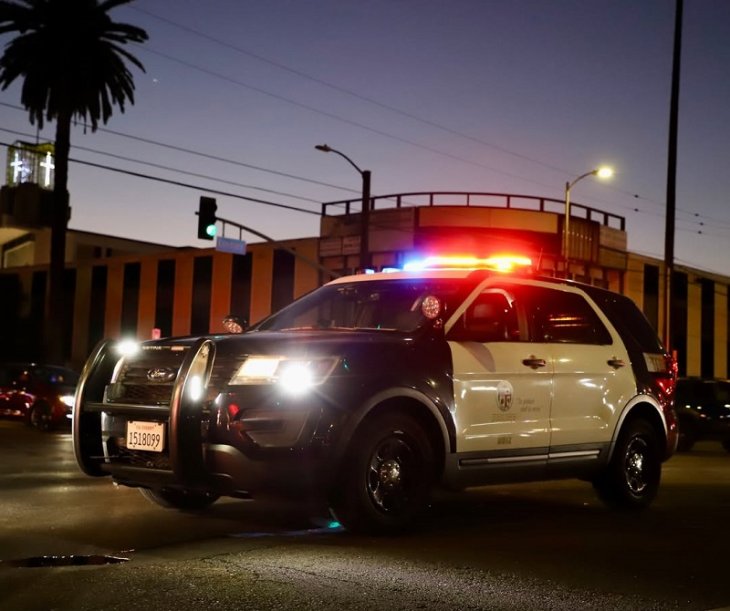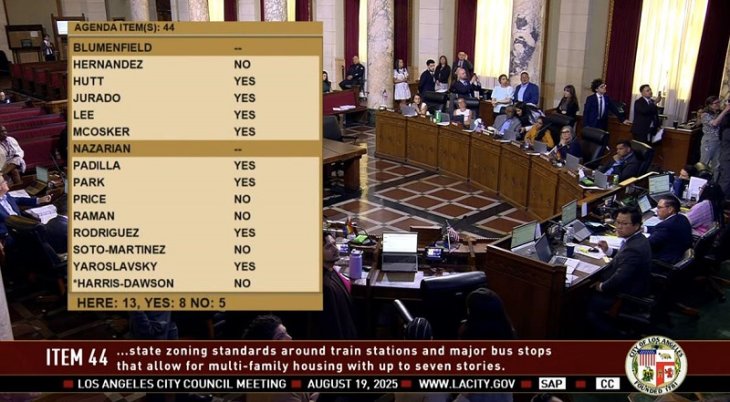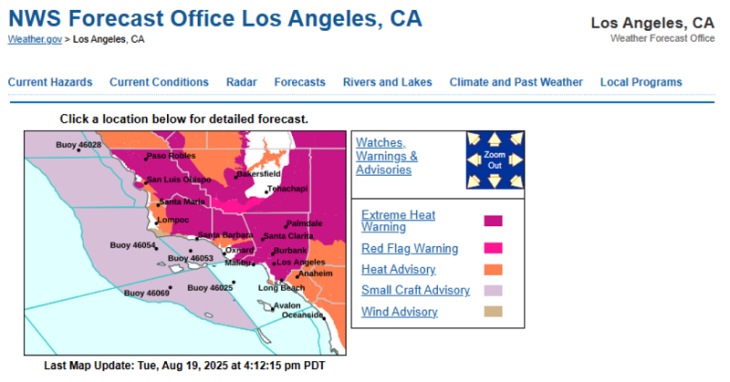
(This article is being continuously updated)
BY TROY MASTERS | Somebody needs to be fired.
Having known since at least April that an unusual cluster of Invasive Meningococcal Disease was developing in Los Angeles County, it has taken more than three months, one death and 22 cases of the disease among residents of L.A. County (including Long Beach) and Orange County to warrant even a press conference from public health officials.
Aware that the risk of contagion among gay/bi men, transgender women and people with HIV was high before the Long Beach, L.A. and Orange County Pride parades and festivals were held, the only outreach to the LGBT and HIV communities was through a Health Alert posted on the County Public Health Department’s website last week, directing healthcare providers to notify their clients to get vaccinated.
The Health Alert was passed on to the mainstream media by some LGBT agencies and word was spread through the LGBT press and social media—but to little effect.
Now, officials from the Centers for Disease Control have arrived in L.A. to help investigate the deadly outbreak—the origin of which is still unknown.
County public health officials dodged questions about why it took so long to publicly warn the community, as if still unaware that the outbreak could well have been avoided or minimized had the county developed the rapid response warning they promised after the last outbreak of meningitis struck in 2014.
Here are the numbers: 17 cases of the fast moving, easily transmitted deadly disease have been reported in L.A. County, 12 since May. Eight – or almost half – of those cases are among men who have sex with men, 7 of them since May. Five cases in Orange County have been reported in 2016, 3 since May and of those, 2 were among men who have sex with men, including the man who died.
“In L.A. County, since May, the number of these infections among men, most of whom have identified themselves as gay or bisexual, is substantially more than we would normally expect during this time of the year,” Dr. Jeffrey Gunzenhauser, the interim health officer of the L.A. County Department of Public Health, said during a news conference held at the Los Angeles LGBT Center. “This is of great concern.”
But while it is of “great concern” Gunzenhauser declined to call the cases an outbreak and said that the CDC’s formal definition of outbreak involves a disease in which 1 in 10,000 people within a population group have contracted it. “We’ve not technically reached that level,” he said.
In an email to The Pride Los Angeles, however, Kirsten Nordlund, a press officer for the National Center for Immunization and Respiratory Disease (NCIRD) and the CDC, said that “a meningococcal disease outbreak occurs when there are multiple cases of the same serogroup (“strain”) in a community or institution over a short period of time. Depending on the size of the population at risk and specific circumstances, having just two cases of the same serogroup may be considered an outbreak. State and local health departments take the lead in investigating outbreaks and determine when an outbreak threshold has been reached.”
Given that almost all of the 22 cases in both LA County and Orange County have been identified as serogroup C and that nearly half of all the cases are among gay or bisexual men, 2016’s IMD cases would appear to fit the CDC’s outbreak definition.

DHP has been deliberate, to put it politely, in their determination of what actions to take. By April there was enough information to at least warrant concern, according to Gunzenhauser. Still, there was no public communications made about investigations being conducted by the agency into several cases of the diseases.
Gunzenhauser says the “CDC recommends that by the time you reach three cases you should go into an action mode.”
“By the end of April we were doing an investigation to see if there were any connections in those cases…we didn’t find any. If we had found that there were connections we would have done some things at that point,” he said.
The health department admits that there’s a lot they could do to improve communication and outreach to affected communities.
Gunzenhauser said “there are a number of things we plan to do….number one, I can tell you that I convened a meeting of all the health officers in Southern California last Friday, because we recognize this as a regional issue and we want to have unity in how we approach this, how we outreach to the communities that are affected, how we message this, how we get information to people. So, that’s one thing are going to follow up on. Our vision for that is that we will probably create a task force, some type of organization that includes representation from the LGBT community, and the HIV planning councils, and all who are involved in helping treat and prevent this disease so we can come up with an approach that works for everybody. We’ve also requested assistance for the Centers for Diseases Control who is already here. A lot more in the upcoming months.”
“The recent outbreak of invasive meningococcal disease in the Los Angeles area reminds us that, even though the number of cases is still small, gay and bisexual men continue to be infected at a higher rate than the general population,” said LA LGBT Center Medical Director Robert Bolan, adding that people who are HIV-positive are also a greater risk for infection.
Of the 22 cases only one patient is HIV positive. It is not understood why the outbreak is disproportionately affecting gay men in the area.
“To clear up any ambiguity, we think the message should be simple. If you are a gay or bisexual man or a transgender individual, you should receive the meningococcal vaccination,” Bolan added.
The CDC has already suggested all HIV positive individuals get vaccinated, as well. The vaccine lasts for five years, however, even those vaccinated after 2011 should check with their doctor or an LGBT clinic.
Adam Cohen, AIDS Healthcare Foundation Public Health Consultant, says that during previous outbreaks, like the one in April 2013, AHF offered free vaccines in LA County and in New York at its Wellness Centers. “In the span of one week, AHF provided over 3,300 free meningitis vaccines to the community in LA County.” AHF will again provide free vaccines at its four Southern California Wellness Centers.
But the LGBT community deserves better than the unconscionable cultural incompetence of the LA County Public Health Department.
Invasive Meningococcal Disease is caused by a bacteria that can cause severe infections in the lining of the brain, spinal cord, and bloodstream. It is not spread through casual contact; it is spread through saliva – through coughing, kissing, sharing cigarettes, utensils, beverages, joints—natural intimate behavior routinely expressed by LGBT people, especially at the numerous Pride Month celebrations.
And while the county knew about the gathering storm, no massive warning was issued until AFTER the Pride activities. The warning, issued at today’s news conference, focused on gay/bi men “who regularly have close or intimate contact with multiple partners or who seek partners through digital applications, particularly those who share cigarettes/marijuana or use illegal drugs.”
Symptoms of Meningococcal disease start out with flu-like symptoms but can swiftly progress to headache, stiff neck, confusion, fever and a rash—symptoms a gay man might associate with partying too much during Pride. However, the disease is fatal in about one in 10 patients.
On Tuesday, out County Supervisor Sheila Kuehl introduced a motion directing the county health agencies to develop a comprehensive vaccination campaign.
“We have seen a small number of cases of this dangerous disease since 2012,” Kuehl said, “and, although our County Health Officer began recommending vaccination in 2014, we are still not seeing enough of our residents protecting themselves and getting vaccinated. We need a comprehensive response targeting the highest risk population, men who have sex with men, to ensure that individuals who are at risk get vaccinated.”
The supervisors will vote on Kuehl’s motion at the July 12 Board of Supervisors meeting. How long the campaign will take to develop and distribute is another matter.
There seems to be no urgency.
— Karen Ocamb contributed to this report.
Please check back for updates.

